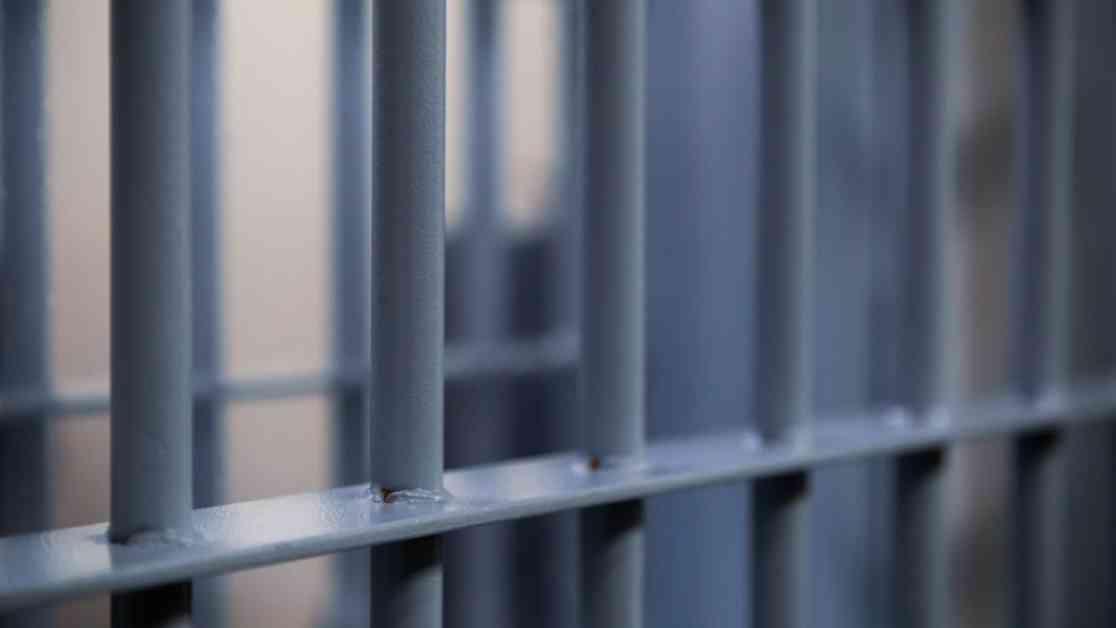A report released Thursday by the Iowa Office of Ombudsman has shed light on the troubling misuse of restraint chairs in two north-central Iowa county jails. The report reveals multiple violations of state administrative rules, manufacturer guidelines, and jail policies at the Webster and Boone County jails, where inmates were subjected to prolonged periods of confinement in restraint chairs, sometimes lasting up to 14 hours, even after calming down and no longer posing a threat.
Key Findings
The investigation uncovered several alarming findings:
– Inmates were deprived of required bathroom and water breaks while in the chairs.
– Jail staff disregarded known medical conditions when placing inmates in restraints.
– Some inmates endured lengthy waits for mental health evaluations or treatment, despite showing clear signs of distress.
– One inmate was restrained in a chair four times within six days, each release resulting in self-harm.
– Video recordings of these incidents were often missing or not taken, undermining accountability.
Call to Reform
Ombudsman Bernardo Granwehr expressed grave concerns over the recurrence of such incidents, particularly those involving inmates in mental health crises. Granwehr issued eight recommendations to the Iowa Department of Corrections to enhance oversight and clarify guidelines for jailers.
Scott County Sheriff Tim Lane echoed the need for improved mental health support for inmates but emphasized the challenges faced at the county level. With state mental health facilities closed in Clarinda and Mount Pleasant, jails struggle to provide adequate solutions for inmates with mental health issues.
Lane highlighted the sub-standard mental health treatment available on a statewide level, emphasizing the limited options for handling violent and mentally ill inmates. He lamented the impact of facility closures on the justice system’s ability to address mental health needs effectively.
Moving forward, officials hope that the recommendations outlined in the ombudsman’s report will lead to meaningful changes that prioritize the well-being of inmates in Iowa’s jails. The full report, detailing incidents and recommendations, is accessible online for further review.









